Introduction to AI in Travel
The travel industry has changed dramatically in recent years, and Artificial Intelligence (AI) is playing a huge role in this transformation. From booking flights to hotel check-ins, AI is revolutionizing the way we travel, making it more convenient, efficient, and personalized.
Gone are the days when people had to visit travel agencies for bookings. Today, AI-powered travel assistants can plan entire trips within seconds, offering suggestions tailored to individual preferences. Whether it’s a chatbot answering queries or an AI-driven pricing model predicting airfare fluctuations, technology is making travel smarter and more seamless than ever before.
This article explores how AI is reshaping the travel industry, enhancing customer experiences, and creating more efficient travel solutions.
How AI is Changing Travel Planning
1. AI-Powered Travel Assistants and Chatbots
Imagine having a personal travel agent available 24/7 to help you book flights, hotels, and rental cars. AI-powered virtual assistants like Google Assistant, Siri, and ChatGPT can provide travel suggestions based on your preferences.
Many travel websites and apps now have AI chatbots that can answer customer queries in real time. For example, Expedia and Skyscanner use AI to help travelers find the best deals on flights and accommodations.
2. Personalized Travel Recommendations
AI collects and analyzes user data to provide personalized travel recommendations. If you frequently book beach vacations, AI will suggest destinations, hotels, and activities that match your interests.
For example, Netflix-like recommendation engines used by travel platforms analyze browsing history and past bookings to offer tailor-made travel experiences.
3. Predictive Pricing Models for Flights and Hotels
One of the biggest challenges travelers face is fluctuating airfare and hotel prices. AI algorithms can predict price changes and suggest the best time to book.
Websites like Hopper and Kayak use AI to forecast ticket prices and recommend whether travelers should book now or wait for a better deal. This helps save money and makes trip planning more budget-friendly.
AI in Customer Experience and Service
1. AI Chatbots for 24/7 Customer Support
Customer service is a crucial part of the travel experience. AI chatbots provide instant support, answering common questions related to bookings, cancellations, and itinerary changes.
For example, KLM Royal Dutch Airlines’ chatbot, BlueBot (BB), assists customers with booking tickets and providing flight updates via Facebook Messenger.
2. Virtual Assistants for Booking and Travel Guidance
AI-based voice assistants help travelers find the best hotels, restaurants, and attractions in their destination. Google Assistant and Amazon Alexa allow users to book flights, check weather updates, and explore local attractions with simple voice commands.
3. Language Translation AI Tools for International Travelers
Language barriers can be challenging for travelers. AI-powered translation tools like Google Translate and iTranslate make it easy for tourists to communicate in foreign countries. Some AI apps even provide real-time translation using a smartphone camera, helping travelers read menus, signs, and directions.
AI and Smart Transportation
1. AI in Aviation
Airlines are using AI for predictive maintenance, helping to detect aircraft issues before they become serious problems. AI also helps optimize flight schedules and reduce delays.
For example, Airbus uses AI-powered software to monitor aircraft performance and detect potential maintenance needs, improving safety and efficiency.
2. AI in Ride-Sharing and Car Rentals
Ride-hailing companies like Uber and Lyft use AI to analyze traffic data, predict demand, and set dynamic pricing. AI also helps match riders with drivers more efficiently.
Car rental companies are also integrating AI for automated check-ins, digital key access, and personalized vehicle recommendations.
3. Smart Navigation and Autonomous Vehicles in Tourism
AI-driven navigation apps like Google Maps and Waze provide real-time traffic updates and the best route recommendations.
Self-driving cars and autonomous shuttles are being tested in cities worldwide to improve transportation in tourist areas. Companies like Waymo and Tesla are working on making AI-powered autonomous travel a reality.
AI in Hotels and Accommodation
1. AI-Driven Hotel Bookings and Room Recommendations
AI helps travelers find hotels that match their preferences, analyzing user behavior, past stays, and reviews. Booking platforms like Airbnb and Booking.com use AI to personalize search results.
2. Smart Hotel Rooms with AI Automation
Hotels are integrating AI-powered voice assistants like Amazon Alexa for Hospitality to allow guests to control room features using voice commands.
For example, guests at the Wynn Las Vegas hotel can adjust room lighting, temperature, and curtains through AI voice control.
3. AI-Powered Concierge Services
AI concierge robots, like Connie by Hilton, assist guests by providing hotel information, local recommendations, and even weather updates.
AI in Travel Security and Fraud Prevention
1. AI for Airport Security Screening and Facial Recognition
AI is revolutionizing airport security by using facial recognition for seamless check-ins and border control. Many airports worldwide use AI-powered systems to detect security threats.
For example, Dubai International Airport uses biometric tunnels where passengers undergo security screening without stopping at passport control.
2. AI in Fraud Detection for Travel Bookings and Payments
AI helps travel companies detect fraudulent transactions by analyzing booking patterns and payment behaviors. AI-powered fraud detection systems have significantly reduced credit card fraud in online travel bookings.
3. AI-Powered Safety Predictions for Travelers
AI can analyze crime data and suggest safer travel routes. Apps like SafeAround and GeoSure provide travelers with safety ratings for different destinations based on AI predictions.
Future of AI in Travel
1. AI-Powered Virtual Travel Experiences
Virtual Reality (VR) and AI-powered simulations allow travelers to explore destinations before booking. AI is making virtual travel experiences more realistic and interactive.
2. AI in Sustainable Travel
AI helps reduce travel’s environmental impact by optimizing flight routes for fuel efficiency, encouraging eco-friendly travel options, and reducing waste in hotels.
For example, AI-driven smart grids help hotels manage electricity consumption, reducing their carbon footprint.
3. Ethical Concerns and Challenges
While AI is revolutionizing travel, challenges remain, including data privacy issues, biases in AI algorithms, and job displacement. It’s essential to develop AI responsibly to ensure fair and ethical usage.
Conclusion
AI is changing the way we plan, book, and experience travel. From personalized recommendations to smart security systems, AI makes travel faster, safer, and more enjoyable.
As AI technology continues to evolve, its impact on the travel industry will only grow, creating smarter, more efficient, and eco-friendly travel experiences.
While there are challenges, AI’s potential to enhance the industry is undeniable. Whether you’re booking your next trip or navigating a foreign city, AI is already making your travel experience better.

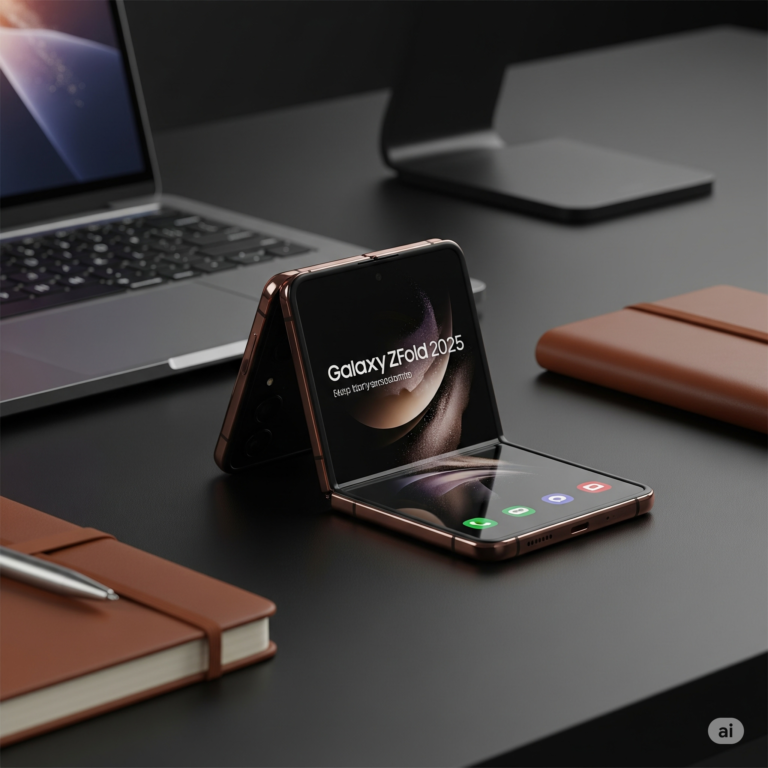

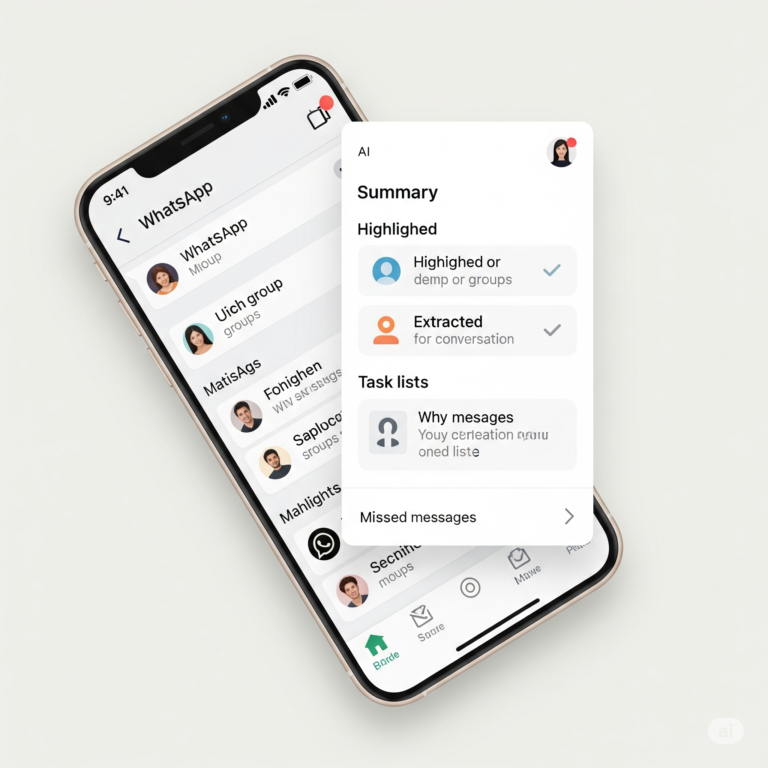

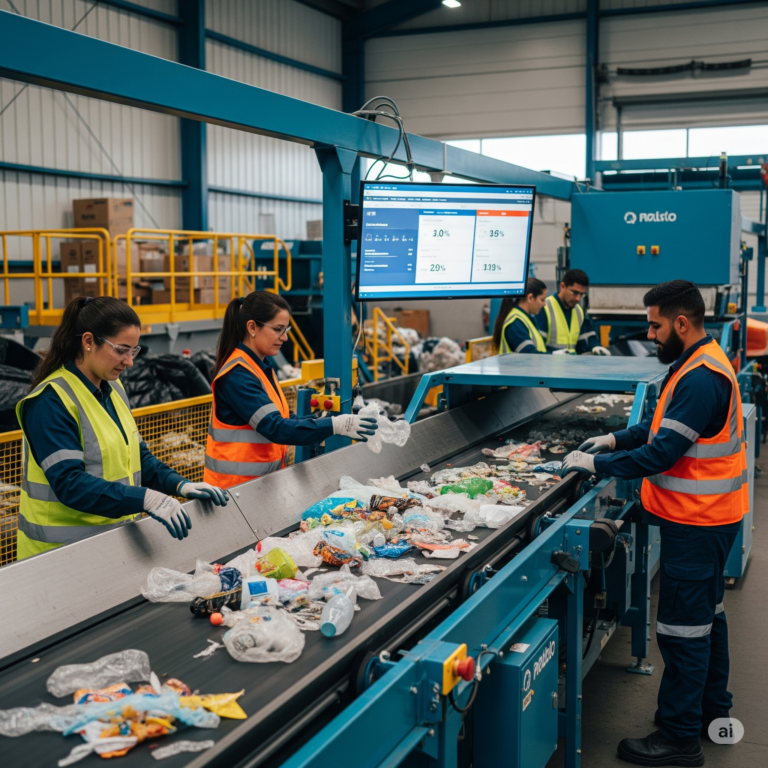
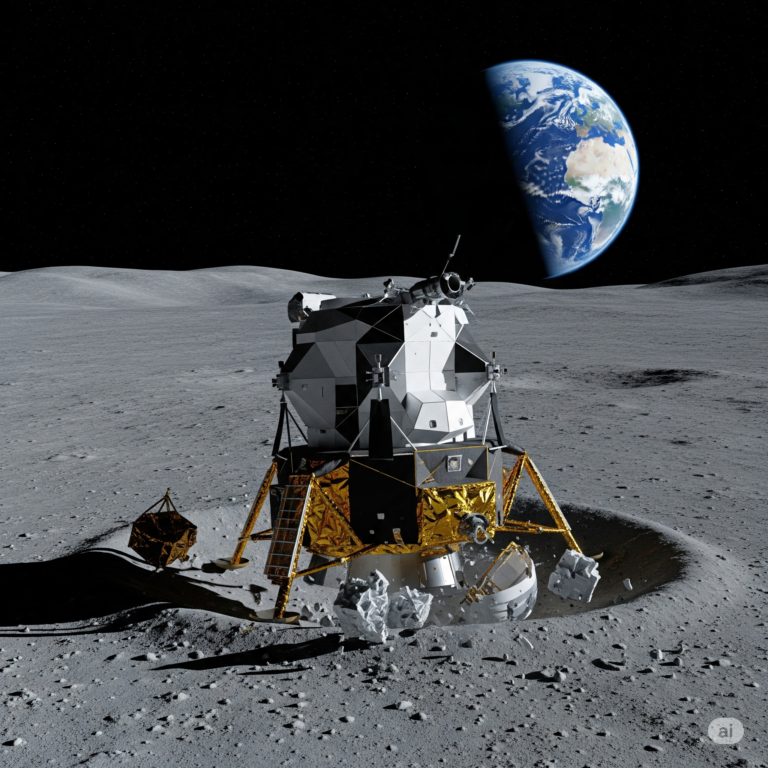




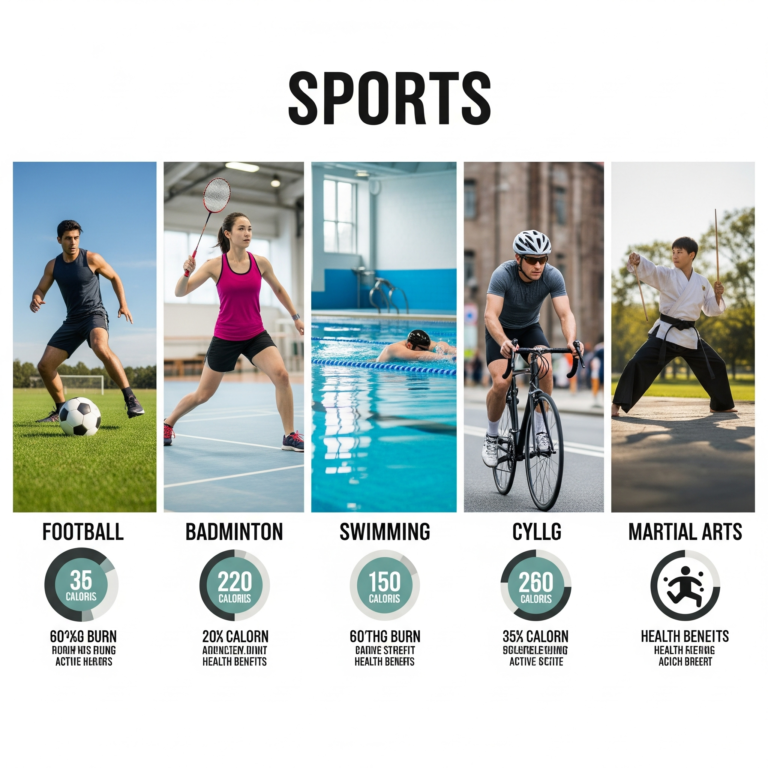

This post is groundbreaking! Speaking of innovation,breaks new ground.